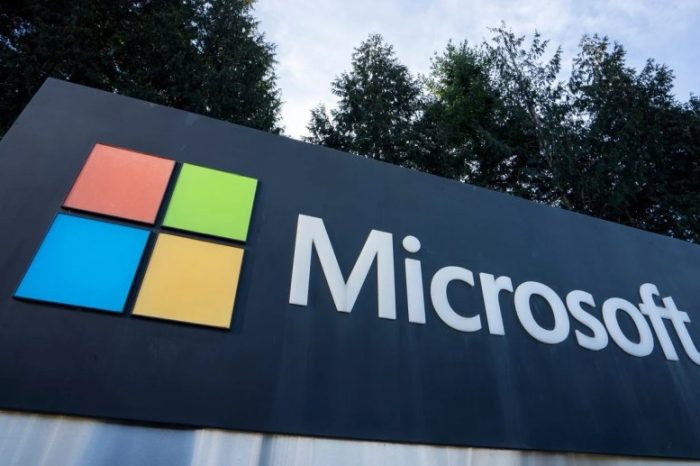Figma eyes $16.4B IPO valuation in NYSE debut amid AI push and crypto exposure

Figma is finally making its Wall Street move.
The San Francisco-based design startup is targeting a fully-diluted valuation of up to $16.4 billion as it prepares to go public on the New York Stock Exchange. The IPO marks a major milestone for the company, which just three months ago quietly filed to list after its $20 billion acquisition deal with Adobe fell apart under regulatory scrutiny in Europe and the UK.
Now, instead of being absorbed into a tech giant, Figma is carving out its own public path.
According to its filing on Monday, the company and some of its investors plan to sell nearly 37 million shares priced between $25 and $28 each—bringing in up to $1.03 billion, Reuters reported. That would place Figma among the largest tech listings of the year, and potentially inject more momentum into a market that’s finally shaking off a long freeze.
Figma’s IPO comes on the heels of a stronger-than-expected debut by stablecoin issuer Circle, which delivered big gains and helped revive investor appetite for growth names. If the market stays warm, Figma could benefit from the current wave of optimism.
There’s also a crypto twist. Figma revealed in its prospectus that it held around $70 million in Bitwise’s bitcoin ETF as of March 31—and plans to invest another $30 million. The move didn’t go unnoticed. Social media lit up with speculation and praise, especially from bitcoin supporters who see Figma’s allocation as another sign of mainstream tech warming up to crypto.
Figma’s Comeback: From Adobe Fallout to $16.4B IPO and $100M Bitcoin Bet
Figma expects to list under the ticker symbol “FIG,” with Morgan Stanley, Goldman Sachs, Allen & Co, and J.P. Morgan leading the underwriting.
This IPO has been a long time coming. Figma was valued at $12.5 billion in a secondary tender offer last year that allowed early employees and investors to cash out. The company sells cloud-based collaborative design tools used by major enterprise clients like SAP, Workday, and ServiceNow. It’s best known for letting teams design apps, websites, and interfaces together in real time—something that helped it explode in popularity during the pandemic and beyond.
Business-wise, Figma is trending in the right direction. Revenue jumped 46% in the first quarter of 2025, while net income tripled. “Figma’s product is its primary marketing engine,” said Tomasz Tunguz of Theory Ventures. “Its collaborative nature fosters viral, bottoms-up adoption, leading to a best-in-class sales efficiency.”
Founded in 2012 by Dylan Field and Evan Wallace, Figma built its reputation around letting teams brainstorm and iterate in real time. Customers include Zoom, Airbnb, and Coinbase.
But the company knows it can’t coast. Field has hinted at plans to pursue aggressive M&A, even if the strategy may “not seem immediately rational” at first glance. At the same time, Figma is threading a tricky needle: AI is now central to its product roadmap, but the same technology could make some customers less dependent on design platforms altogether. It’s a double-edged sword, and Figma knows it.
There are broader challenges too. The company has flagged concerns around immigration policies potentially limiting its ability to hire top talent. And with most of its revenue coming from international clients, any future tariffs or geopolitical tensions could put pressure on demand.
For now, though, the mood is bullish. Figma has the story, the growth, and the timing. The question is whether public investors will buy into it.
Figma, based in San Francisco, is widely used by product teams to build and collaborate on digital designs. Its browser-based software became a go-to tool for companies prototyping websites and apps. In a 2024 tender offer, Figma was valued at $12.5 billion.
“There are two paths that venture-funded startups go down,” Figma co-founder and CEO Dylan Field told The Verge last year. “You either get acquired or you go public. And we explored thoroughly the acquisition route.”
Figma’s move comes at an uncertain time for tech IPOs. After a freeze that began in late 2021, hopes of a rebound under the Trump administration were high, thanks to talk of looser regulations.




